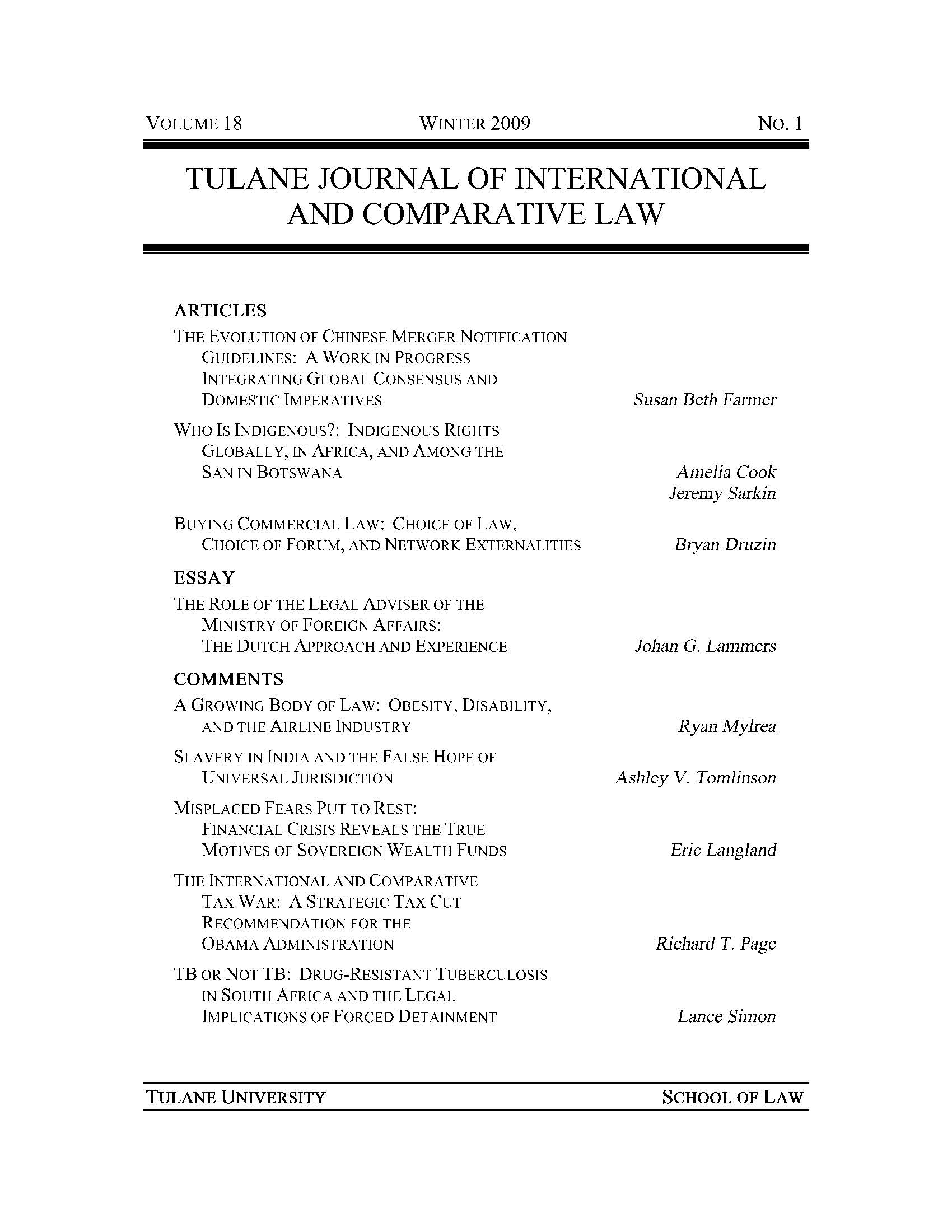Buying Commercial Law: Choice of Law, Choice of Forum, and Network Externalities
Abstract
This Article applies network effect theory to transnational commercial law, arguing that
commercial parties selecting law through choice of law and choice of forum clauses can be likened
to consumers selecting a product, and thus equally susceptible to the effects of network
externalities. The number of “consumers” who subscribe to the same legal norms is analogous to
the number of consumers who use a product. As the number of “consumers” increases, so too does
the inherent value of selecting that jurisdiction, inducing even more parties to “purchase” that body
of law. This is a network effect. I argue that transnational commercial law is ideally calibrated so
as to generate a network effect. This stems from the inherent nature of commerce. The discussion
distinguishes between two kinds of externalities, direct and indirect network externalities,
concluding that network systems that possess both kinds of network externalities (as is the case
with law-selection decisions in commercial contracts), are the best candidates to produce a robust
network effect. I then examine how the twin ingredients of fluid interaction and frequent choice
present in commerce precipitate a network effect. Expansive interaction places a higher premium
on the need for synchronization, and frequent opportunities to select law in the contracts of fresh
commercial relationships allow for an incremental drift toward a specific jurisdiction. The Article
ultimately concludes that, as a result, network externalities play an influential role in the ascension
of particular jurisdictions over others in law-selection decisions—an important conclusion because
it points to an unrecognized influence underpinning the current development of transnational
commercial law.
